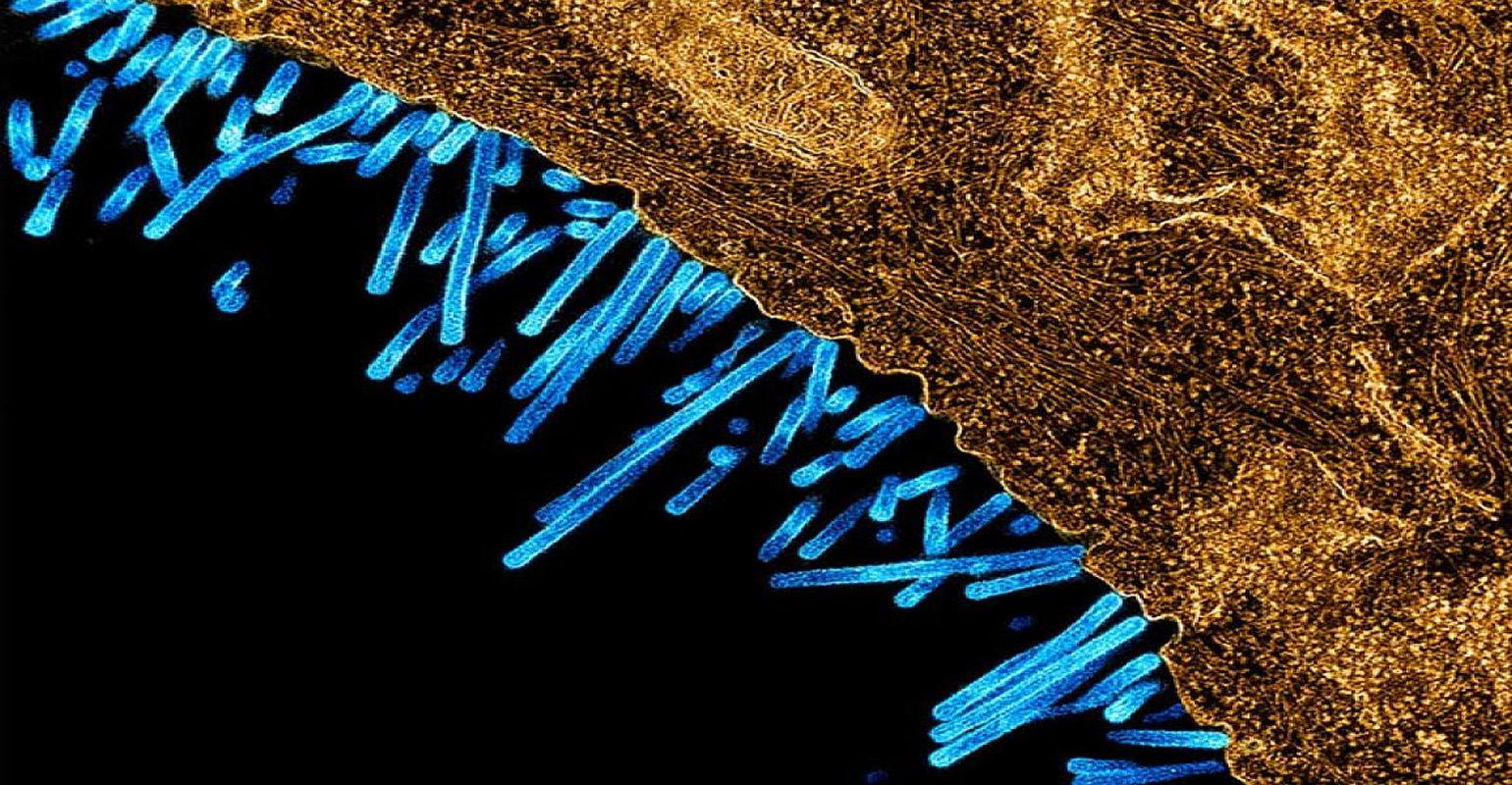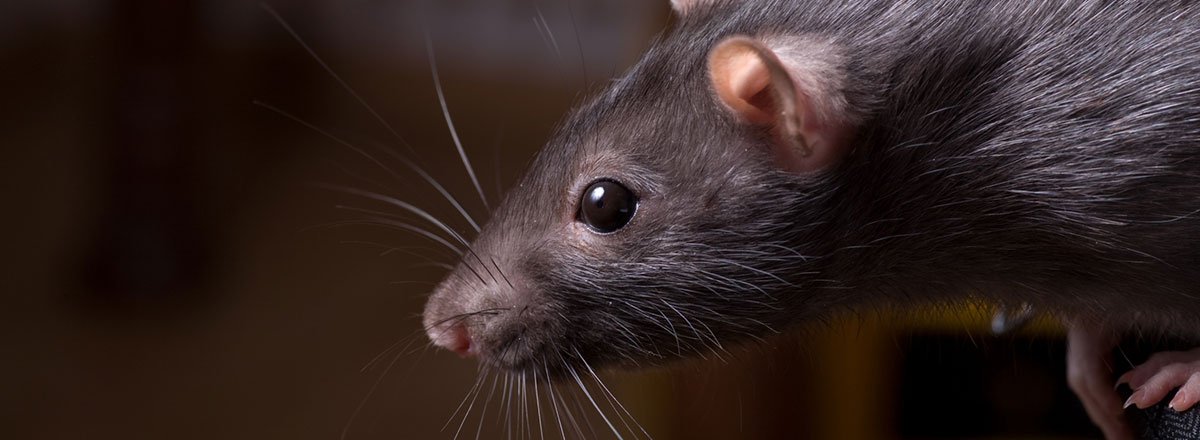© 2000-2023 - Enkey Magazine - All rights reserved
ENKEY SNC - VAT ID IT03202450924 / REA Code CA253701 - Phone. 078162719
Influenza, or flu, is one of the sneakiest and most widespread diseases in the world. The number of people who contract the virus yearly keeps increasing, as do the casualties. Leading more and more often to massive panic outbreaks.
Flu makes us feel helpless for even if there are several vaccine shots available, neither so far has been successful in granting full immunity. In other words, you might still contract the virus even if you’ve had your shots.
Flu, in fact, is a polimorph virus that can alter its DNA structure, delevoping different strains, one more vicious and aggressive than the other.
Now, however, flu’s time may be up. A medical research has brought up a promising weak link in the virus which may lead to the development of a universal vaccine against each and every flu strain.
A common weakness found in four of the known flu strains
The discovery was immediately broadcasted over the Web, and opens the door to a wide array of treatment possibilities.
The virus’s “weak link” that was identified for the first time is common to a stunning total of four of the known virus strains – at least so far.

In order to break past the immune system, flu relies on two different proteins residing on the virus’s outer layer – its “surface”.
These selfsame proteins allow the virus to mutate and alter its cellular structure, developing new strains and forcing medics and researchers to pour time and resources into identifying each new mutation and engineering a vaccine.
At least four known flu strains, however, share these proteins and the winning card up the sleeve of Vanderbilt University and Scripps Institute researchers has turned out to be successful in all four cases.
Flu’s antibody has been tested on rats
Earlier this year, the “Cell” magazine published an essay on the antibody that scientists were able to single out.
Known as FluA-20, it attacks the prtein that forms the virus’s outer layer – hemagglutinin.

Scientists were able to identify the FluA-20 antibody in the blood of a patient who had undergone several flu shots. After extracting the antibody, they later injected it into some lab rats.
They then proceeded to study FluA-20‘s behavior when faced with four different strains of A-type flu.
The four strains of flu injected in the lab rats were different, but that didn’t stop FluA-20. And in both instances the virus stood no chances.
An “universal” flu vaccine may be around the corner?
Why, you may ask, this antibody worked whereas all known flu shots failed?
FluA-20’s behavior surprised even scientists. It attacks hemagglutinin in a part of its structure that was previously thought invulnerable.
Whereas common flu vaccines try to destroy the protein’s “body” – and fail to recognize it when the virus mutates – FluA-20 attacks its rounded “head”.

Popular opinion in the scientist community so far had it that the head of proteins was out of reach from vaccines, shielded from any kind of external attack.
However FluA-20 proved that it’s not the case. After attaching itself to the protein’s head, it proceeds to consume and destroy it. Its attack halts the virus from spreading further and works in preventing an infection from actually taking place. Such was the case with the lab rats.
Scientists of Vanderbilt University and Scripps Insitute are now hoping to use FluA-20 to develop an “universal” vaccine able to destroy hemagglutinin in any strain it might present itself.
If the results will keep living up to expectations, the universal flu vaccine may very well be a discovery on par with penicillin. And play a pivotal role in the defeat of other viruses like HIV and hepatitis C.
This post is also available in:
 Italiano
Italiano

